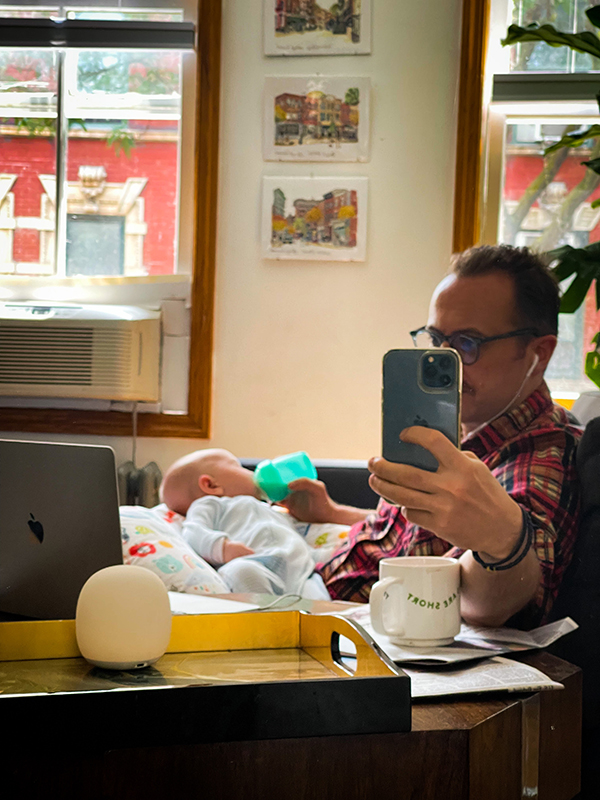It’s rare I’ll begin working with a client when they’re calm and relaxed. In a crisis management context our initial interactions are often quite fast-paced. There’s a real sense of urgency in the decision-making. Still, it doesn’t mean anything is actually on fire.
Even if I’ve been working with somebody for a while, there is often a sense that everything needs to be done yesterday. If only there were more staff, more time, and more money. Of course, in the social justice sector, that is rarely the case. I’m not saying I love the situation. It just is what it is.
Our causes are urgent. Yes. Being Black in America, for example, often feels like being on fire.
But in fact, this is the thing I say most often to clients: Nothing is ablaze. We will survive today, with God’s grace, and we will get this done. And I have faith that it is all going to be okay. Or at the very least, we are going to try to make the situation better given the resources we have available. If we move methodically and with purpose, we’ll actually do a better job of serving our causes than if we’re too reactive.
Maybe it’s because I’m a yoga teacher on the side? Who knows…
Side note. Much of philanthropy is delusional about what it costs to achieve lasting impact and the focus required to do it. I’ve been reading Kris Putnam-Walkerly’s brilliant book on the subject and can recommend it wholeheartedly. It ties in to all this, albeit obliquely. And I’d urge philanthropists to consider whether they really want the people they’re funding to be sweating bullets. Is that good for any of us?
Back to the main point. That’s what people really pay me for. I’m a human smoke detector and yet I never go off. With Matt Davis? There’s no BEEP-BEEP-BEEP. That’s what reassures everybody. I say “here is what’s realistic given our budget and staff. Here’s how we’ll get it done. And now, we can all relax a bit, and do the work.”
Next!
Sometimes it means I have to push back a little on unrealistic expectations. And I can do that, too, because I’ve seen the downside of communications departments who say yes to everything. The ability to finesse there is important. You don’t want your communications team to melt down.
It all stems from focusing a client on their goals. Then everything starts to become a lot more coherent and manageable, doesn’t it? Meantime, take a deep breath and say it with me. “Nothing is actually on fire.”
Phew!
You’re welcome.
M
P.s. More than 45 people have indicated they’re planning to attend our hastily convened conversation about professionalism next Friday, June 18. You can join them, here. It’s held under Chatham House Rules which means we won’t be sharing a recording. That said, we do want to make sure the gist of what we talk about gets shared. We’ll be doing that. Meanwhile I’ve realized “professionalism” is actually a trojan horse for talking about inclusion. Speaking of inclusion, thanks to my clients this week who said nothing while I fed Freddy on three conference calls. I’m grateful consulting means I get to set the terms of the culture I want to work in.



